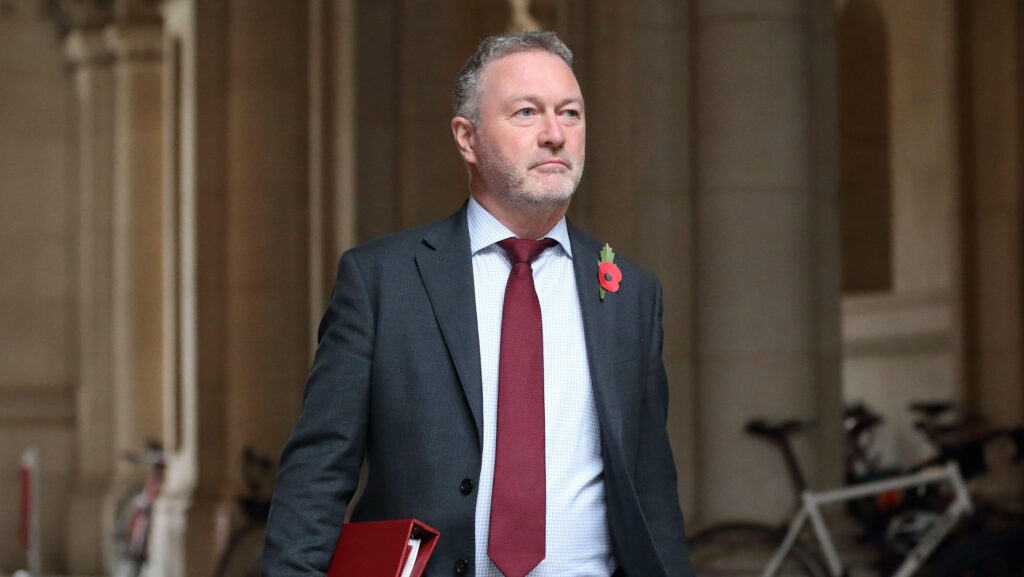Defra secretary rules out U-turn on Budget measures
 Defra secretary, Steve Reed, arrives for cabinet meeting today © Uwe Deffner/Alamy Stock Photo
Defra secretary, Steve Reed, arrives for cabinet meeting today © Uwe Deffner/Alamy Stock Photo Defra secretary Steve Reed has ruled out a U-turn on any of the measures outlined in the Budget that are set to damage the farming sector.
Plans announced by chancellor Rachel Reeves to change inheritance tax (IHT) reliefs, increase employers’ national insurance contributions and hike taxes on double cab pickups have prompted a huge backlash across the industry.
In the wake of the Budget, the NFU has announced plans for a ‘mass lobbying event’ in parliament on 19 November and a separate, non-NFU affiliated demonstration has been arranged for 6 November, outside the Northern Farming Conference.
See also: Farmers threaten strike action over inheritance tax hike
In an interview with Farmers Weekly today (5 November), Mr Reed was challenged on whether his government planned to reconsider any of the measures.
He said: “No. I think it’s right to fix the foundations of the economy because having a stable economy, low inflation and low interest rates benefits everybody.”
The Defra secretary also refused to apologise for telling farmers at the Country Land and Business Association (CLA) conference last year that the Labour Party had “no intention of changing APR [Agricultural Property Relief].”
He claimed that “circumstances had changed dramatically” since he made that pledge, blaming Conservative mismanagement of the public finances for the decisions taken at the Budget.
He also cited figures put out by the Treasury which claim 73% of claimants would pay no IHT under the new rules.
According to those same figures, 500 farms a year would be affected by the changes.
But Mr Reed insisted that even taking this number into account, “none of them” would be shrunk or lost to farming.
“They are the wealthiest estates and in many cases what they’re being asked to pay would be tax exempt up to £3,000,000,” he said.
“On the level above that, they would only be paying half of what people in other sectors will be paying and they have 10 years to pay it.
“The government has gone a long way to ensure farms can continue to be passed from generation to generation as they always have been, but there’s action taken here to prevent wealthy individuals who are coming in buying up agricultural land as a means of avoiding paying taxes and doing it in a way that actually closes down opportunities for young farmers.”
